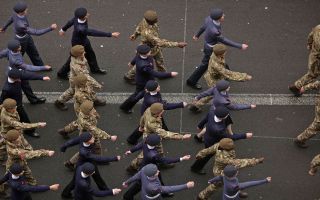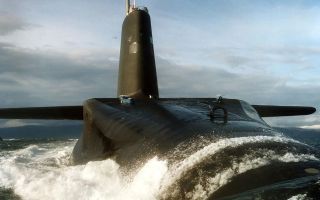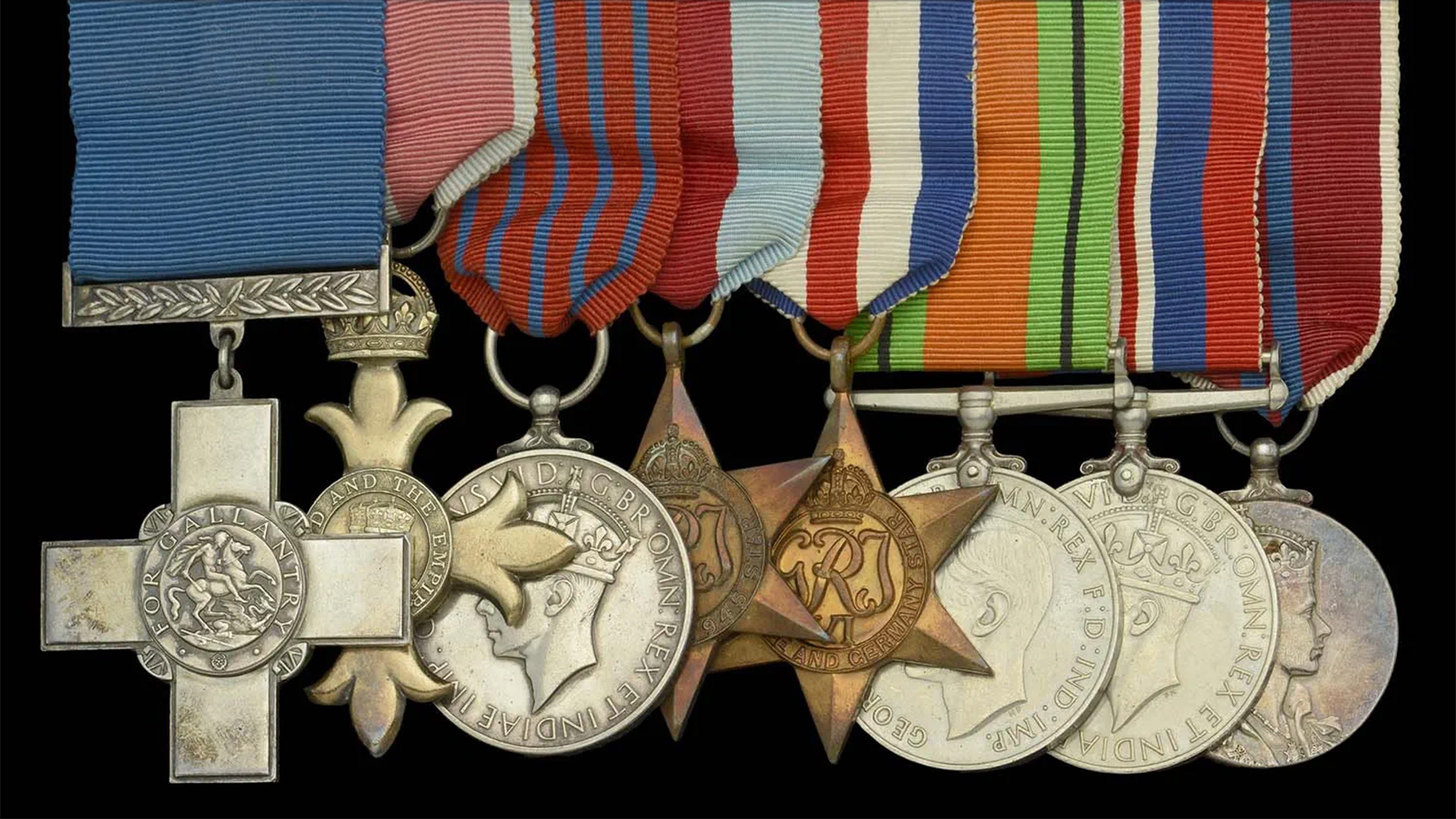
WW2 George Cross awarded for defusing German mine with hammer and chisel sells for £100k

A special set of eight medals awarded to an officer who defused numerous German bombs during the Blitz have been sold by auction house Noonans for £100,000.
Lieutenant Commander Ernest Oliver 'Mick' Gidden, of the Royal Navy Volunteer Reserve, was the first person to be awarded both the George Cross and George Medal.
He was presented with the George Cross for disarming an unexploded German parachute mine, which fell close to London's Charing Cross station.
At dawn on 17 April 1941, Lt Cdr Gidden was called to the scene of a German air raid in central London.
The attack had destroyed several trains near Charing Cross station and surrounding buildings had to be evacuated.
One unexploded parachute mine had fallen across a live high-voltage wire below the main signal gantry on Hungerford Bridge, which spans the River Thames, with the fuse and primer release mechanism facing the ground, making access difficult.
Turning it could have easily caused it to explode – with disastrous consequences for both central London and a main rail line.
Remarkably, Lt Cdr Gidden defused the device against all odds, with only a hammer and chisel.
But he was lucky to survive – as he set to work on disarming the mine, he heard the timer start to tick.
He tried to run away, but there was nowhere to escape to on the bridge.
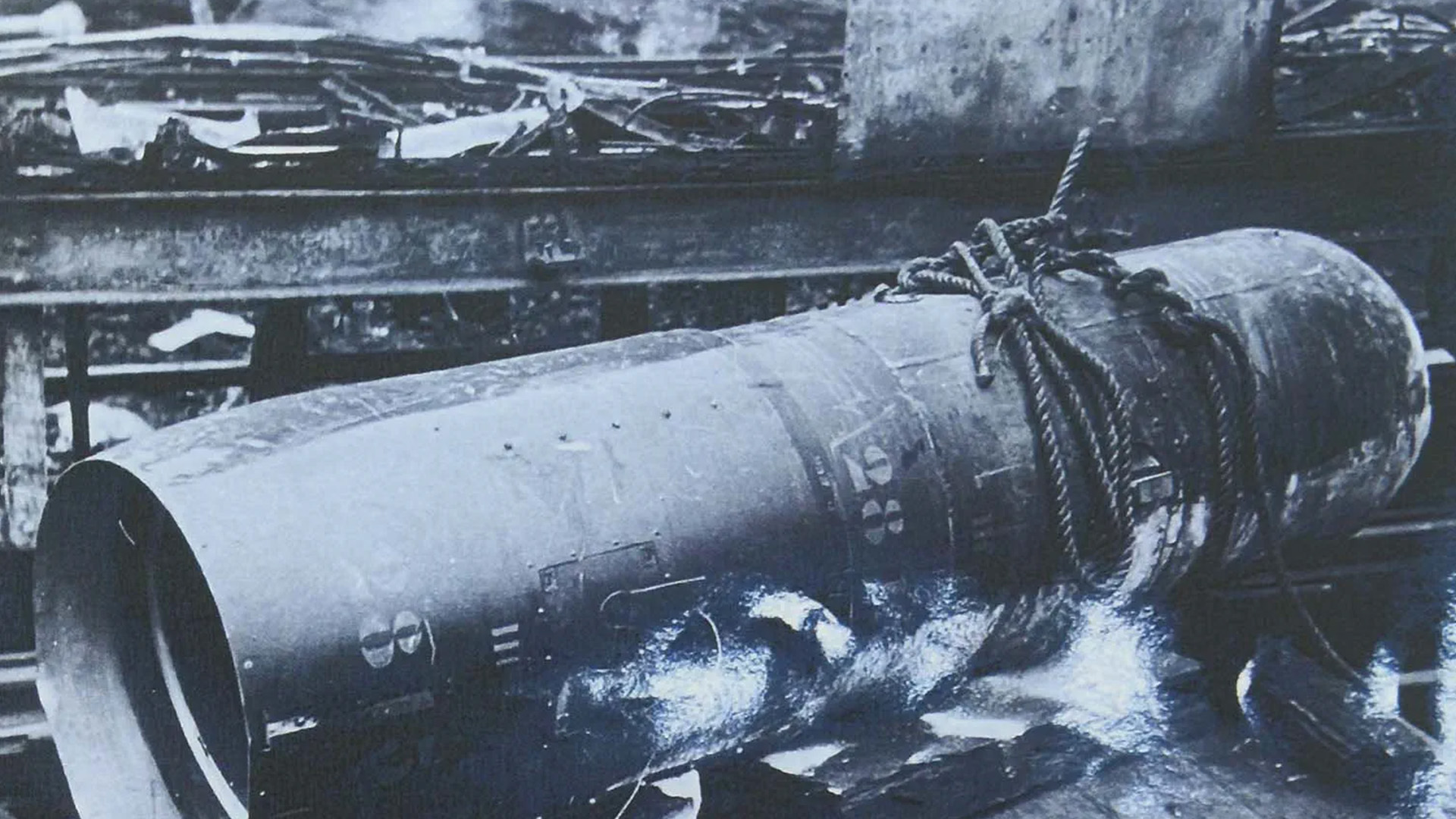
Fortunately, the mine did not explode, partly thanks to a makeshift 'gag' he had fitted.
Lt Cdr Gidden then boldy walked back towards the unstable device and resumed working right beside it, slowly prising the fuse out with a chisel.
But to complicate matters further, the rail sleepers were on fire and part of the bomb's casing had melted.
After six hours of painstaking work, he made the mine safe, preventing further damage to the surrounding area.
Since then, Lt Cdr Gidden has been known as the man who saved Charing Cross.
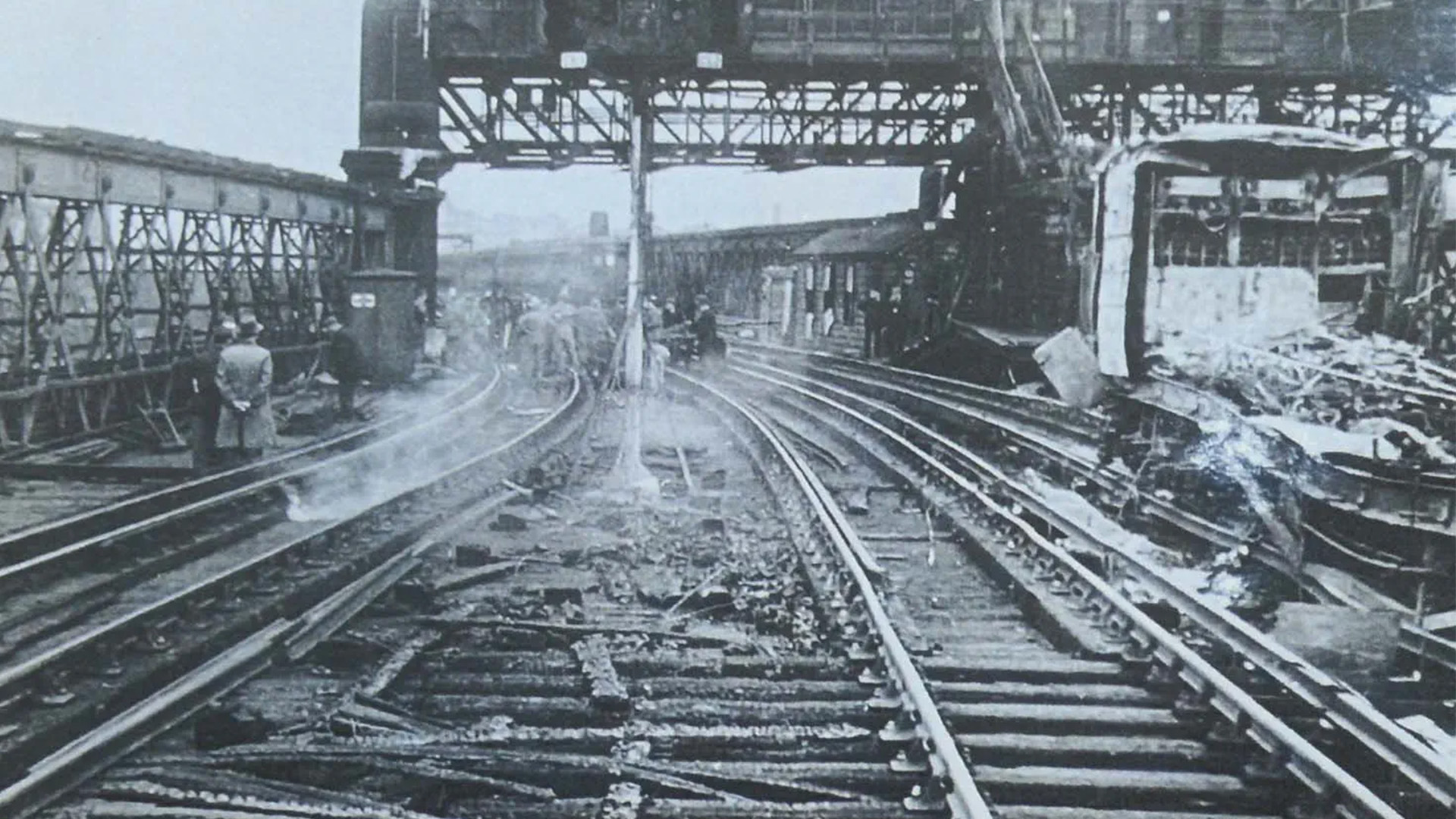
"His gallantry in dealing with a parachute mine on Hungerford Bridge, outside Charing Cross Station in April 1941 was among the great epics of the war," said Nimrod Dix, deputy director of Noonans' medal department.
"In a six-hour operation, in which he was unable to apply a safety device for much of that time, he had to resort to using a hammer and chisel.
"[He] was a master of mine disposal operations."
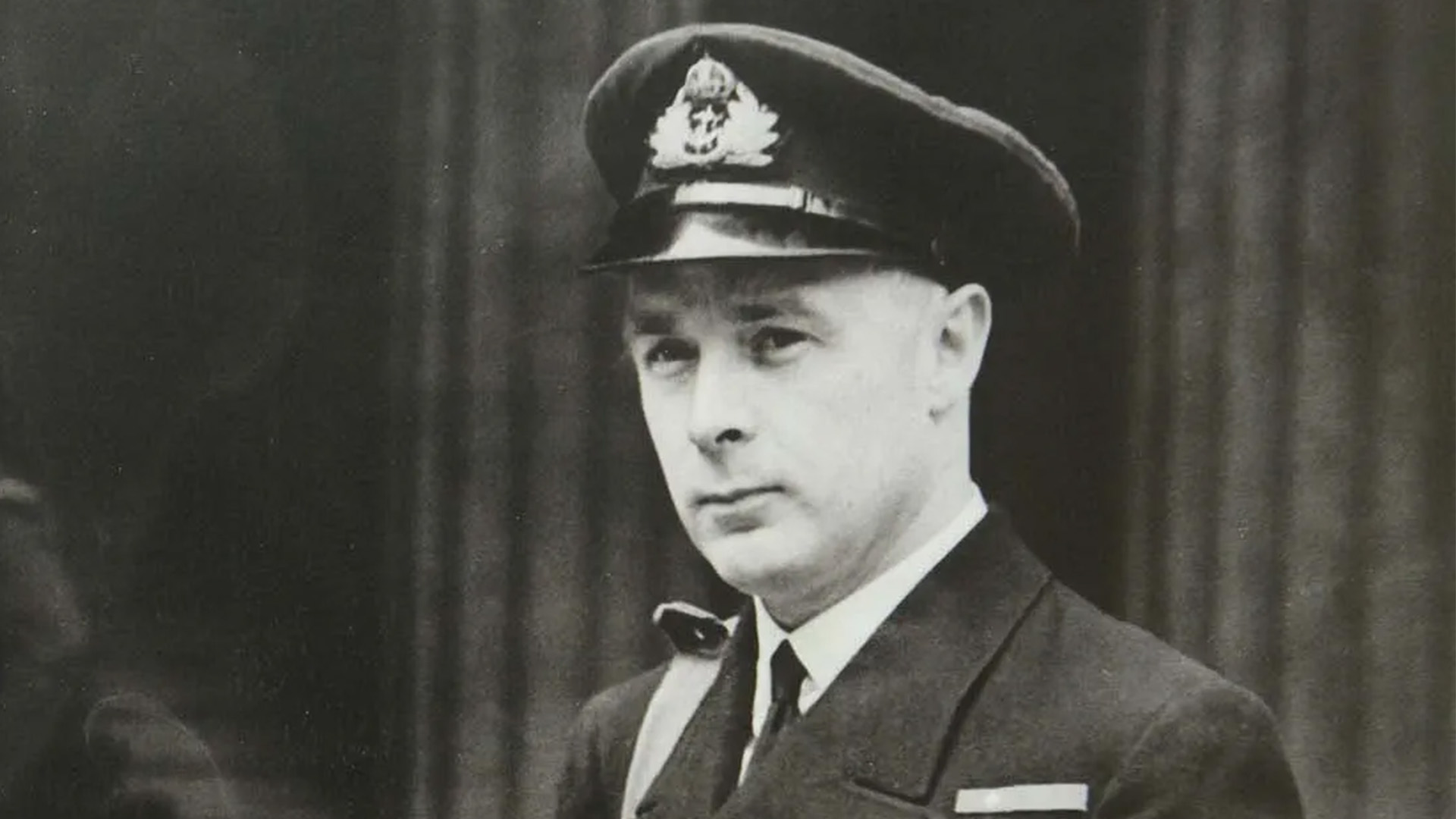
Lt Cdr Gidden was presented with the George Cross for his actions on Hungerford Bridge in the summer of 1942.
He had already received the George Medal earlier in 1941 for defusing a bomb that fell between houses in north London.
He returned to civilian life after the war, but died in 1961 at the age of 51.
His medals were purchased by a collector in Canada.

